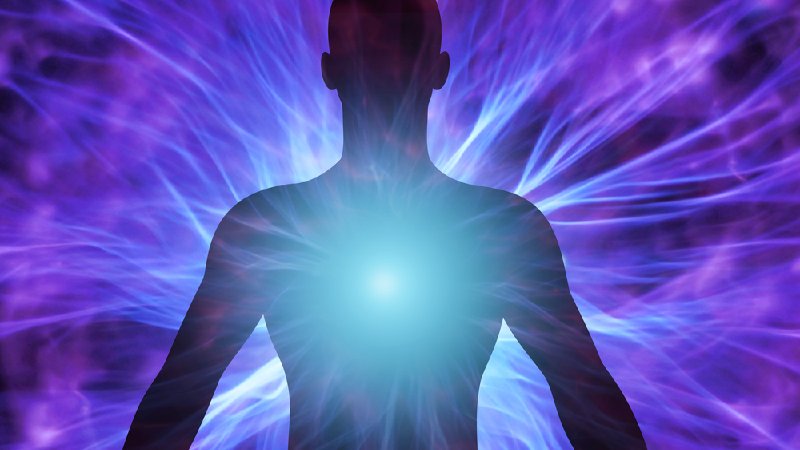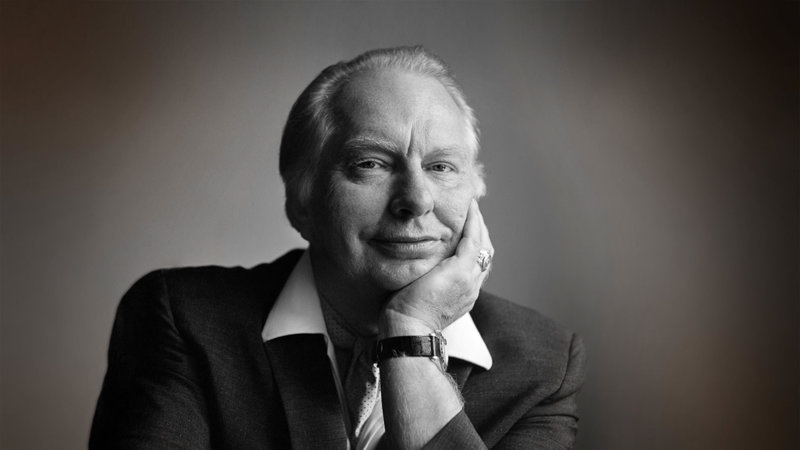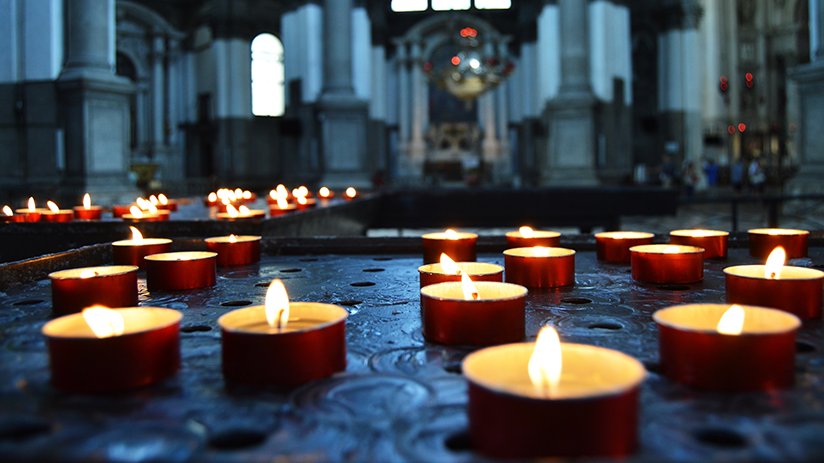Is Man Just Another Animal?
Part 2: Loss of Spirituality and
Increase of Dementia
In my last blog entry, I wrote about the rise of modern psychology and its assault on the spiritual nature of Man. At the same time, there has been an exponential rise in the incidence of Alzheimer’s and dementia in the elderly.
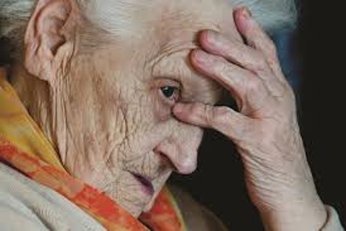
Sure, we’re living longer, but barring other environmental factors, is the notion that Man is just a more sophisticated animal with no soul and our parents and grandparents losing their minds at a record rate just a coincidence? I think not.
That Man is a spiritual being has long been agreed upon in religion and philosophy. But in their effort to become “respectable” sciences, psychology and psychiatry have waged an all-out assault on the spirit, with some success. More and more people are being miseducated to believe that the sole source of their thoughts, hopes, virtues, emotions and dreams reside in their brain cells and physical body. But do synapses and neurons really make the man? There is little hard evidence to support these assertions.
On the other hand, it is easy to see the misery and devastation that the lack of a compassionate, spiritual alternative has wrought on the care of the elderly with dementia, who languish in nursing homes and other institutional settings. With pharmaceutical management as the go-to standard, dementia patients are relegated to locked wards and medicated with multiple psychotropic drugs in the predictably unsuccessful attempt to “treat” them.
I know this from firsthand experience. My mother spent two years in assisted living and full-on nursing care after descending into violent dementia. During that period, we renovated my parents’ farm to bring her back and care for her at home safely and away from the reach of “modern” psychiatry. It was a difficult interlude.
The mother I knew for most of my life was active, intelligent and independent. She brought me up to live my life according to my own conscience. I admired and respected her for this and considered her an example to follow in many things. There was one area, however, where we differed sharply: religion and the spirit. My mother followed no religion and I have been a Scientologist for more than 35 years.
On the positive side, when I was a child my mother told me that I could make up my own mind (about religion) when I was older. This was after she took me out of religious studies over the protest of her family. That permission gave me the confidence to search for the answers to questions I had about the nature of Man, answers I ultimately found in Scientology.
On the negative side, my mother had no personal belief in the spirit. She had spent considerable time in psychotherapy as a young adult and had no hope for eternity. I remember asking her about 20 years ago whether she believed in life after death. She looked at me with perfect seriousness and a little fear and said that no, she did not believe in life after death. She believed that we live one nice little life and that was it. I was a bit shocked at the force of her conviction, but managed the composure to say that she could always change her mind. Unfortunately, she never did, preferring instead to rely on “authoritative” sources.
Then it hit me. Mom did not have Alzheimer’s. No, she was terrified of dying. My mother was coming to the end of her nice life. The thought of what lay beyond had driven her insane.
Fast forward to 2014. I noticed that Mom was saying the same thing continually as she paced the halls of the memory care facility, always looking for a way out. “I don’t want to die.” She said it over and over a thousand or more times a day. I also noticed that although my mother’s physician had diagnosed her with probable Alzheimer’s disease, Mom wasn’t deteriorating physically. She walked the halls for hours every day and read all the signs and counted the room numbers. She always recognized me. She sometimes asked me what she had done wrong (to be sent away). It was a heartbreaking contradiction to what was being written about the disease. I was troubled and confused.
Then it hit me. Mom did not have Alzheimer’s. No, she was terrified of dying. My mother was coming to the end of her nice life. The thought of what lay beyond had driven her insane. It was a revelation to me. I began to wonder how many other elderly patients, having been let down hard by the “Man is an animal with no soul” viewpoint, had lost hope and sunk into madness as a way to cope. I began to look at dementia and my mother’s condition in a new light.
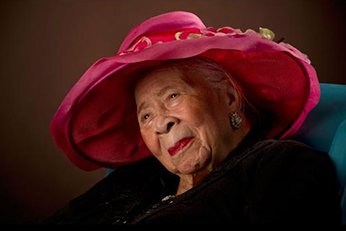
A man, being a composite of a spiritual being, a mind, and a physical body, moves throughout a lifetime using his body to participate in the game of life. The body wears out after a lifetime of use and so we have the natural mechanism of body death. In religious and spiritual terms, the body dies, but the spirit lives on. Depending on one’s religious viewpoint, that could mean another lifetime, another body, a different kind of body on a higher plane of existence, etc.
Some examples of where the soul goes after death according to various religions:
Christianity: The citation of a few New Testament verses make it clear that man’s conscious existence is endless. “Who knoweth the spirit of man that goeth upward?” (Ecclesiastes 3:21)
Hinduism: When the soul departs from the body, the life-breath follows: when the life-breath departs, all the organs follow. Then the soul becomes endowed with particularized consciousness and goes to the body which is related to that consciousness. It is followed by its knowledge, works, and past experience.
Judaism: One of the fundamental beliefs of Judaism is that life does not begin with birth nor does it end with death. This is articulated in the verse in Kohelet (Ecclesiastes), “And the dust returns to the earth as it was, and the spirit returns to G‑d, who gave it.”
Buddhism: To Buddhism death is not the end of life, it is merely the end of the body we inhabit in this life, but our spirit will remain and seek out through the need of attachment—to a new body and new life. Where they will be born is a result of the past and the accumulation of positive and negative action, and the resultant karma is a result of one’s past actions.
Islam: Belief in life after death is one of the six fundamental beliefs required of a Muslim to complete his faith.
Scientology: “You are a spirit. You are your own soul. You are not mortal. You can be free.”—L. Ron Hubbard (The Golden Dawn lecture series—An Invitation to Freedom)
The immortality of the soul is certainly a crucial and integral part of the belief systems of most if not all religions. And rightfully so. But if you take away the spiritual component of Man until he is only a “this lifetime” flesh and bone body (as modern science and psychology would have you believe), then his current body becomes extremely important to him. He is naturally loathe to lose it, seeing that “authoritative sources” are telling him he will never have another. Such opinions give rise to truisms like: “Well, you’ve only got one life so….” or “If you haven’t got your health….” and so on.
There is a curious disconnect between the young and old in terms of their viewpoint toward death. The young man or woman, being decades away from physical decline, does not pay much conscious attention to what authorities say. Vibrant and alive, they “know” they are going to live forever. But still, there is in modern times an undercurrent of anxiety often there, which is characterized by a preoccupation with body appearance and body beauty. Sure, it’s wise to take a common-sense approach to health and most people want to be the best “Me” they are capable of being.
But when does this become more than common sense and plain enjoyment of what is naturally beautiful? The enjoyment and appreciation of aesthetics is one of the greater pleasures in life. But are we becoming more and more obsessed with youth and body beauty in an unconscious (or not) effort to avoid losing the body in a few decades? Modern society is being beaten into the negation of the spirit, which is breeding a cultural insanity on the subject of death and dying.
I found evidence of this obsession in the numerous books in my mother’s house on the subject of staying young, staying beautiful and avoiding Alzheimer’s. Pinned to her refrigerator (still) with a magnet, is a snippet from a magazine which reads “never, never, never stop moving.” It seems she was determined to keep that body going forever.
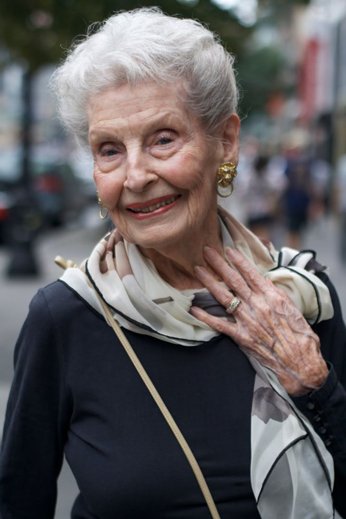
We brought my mother home from nursing care about a year ago. I have made a point of regularly telling her that she is a spiritual being and will be OK. She is taking no “meds” and regularly goes with her caregivers on outings and hikes. She can sit for a few hours instead of getting up compulsively every few minutes. At 87, she knows she is home and safe. She hardly mentions her fear of dying anymore.
For those caring for a parent with dementia, to the husbands and wives, relatives and friends agonizing over the decline of their loved one, I say the strongest balm is the rehabilitation of the awareness of one’s spiritual nature. It is the antidote for the insanity of these modern times. Use it liberally and see if some of the fear and upset doesn’t just fade away.







